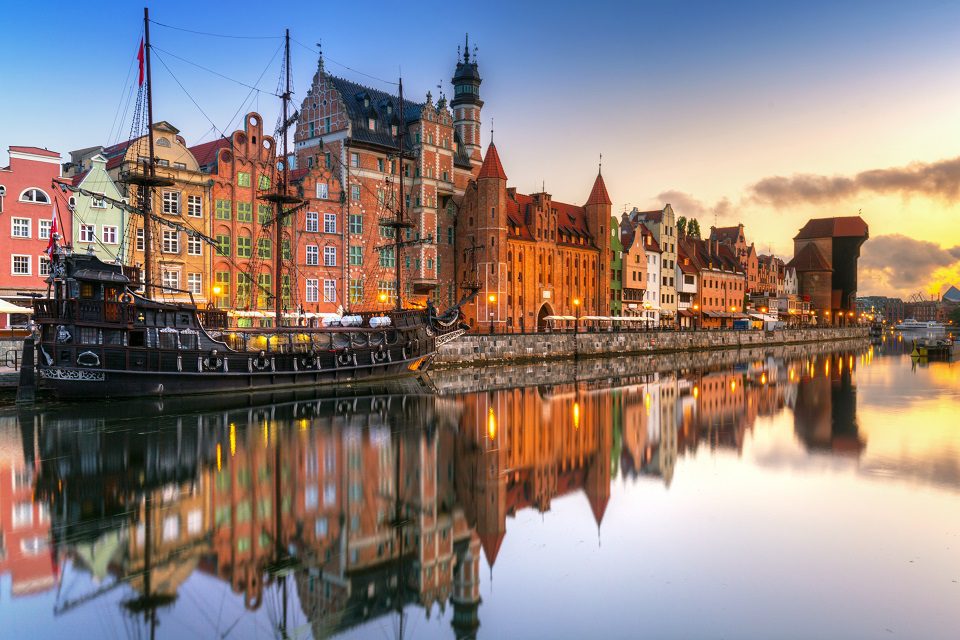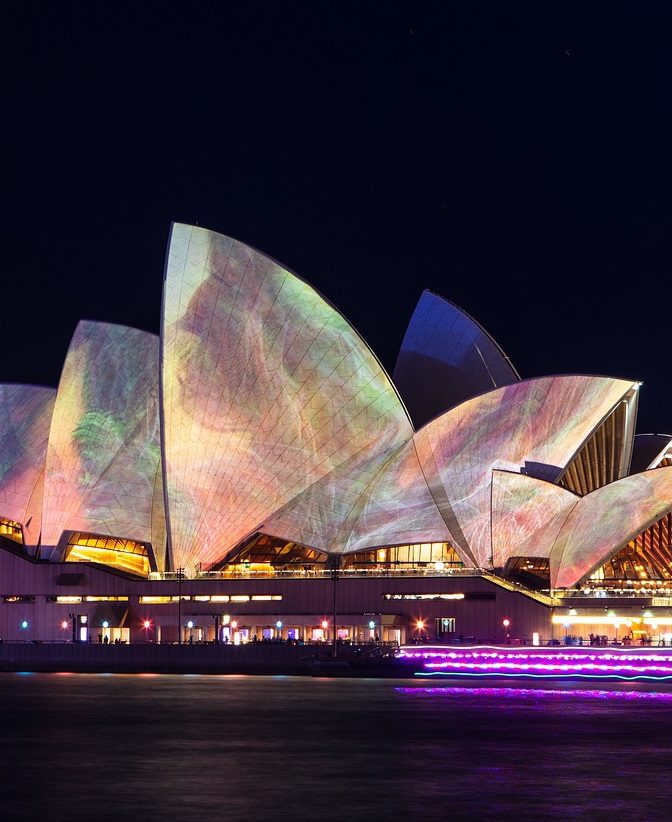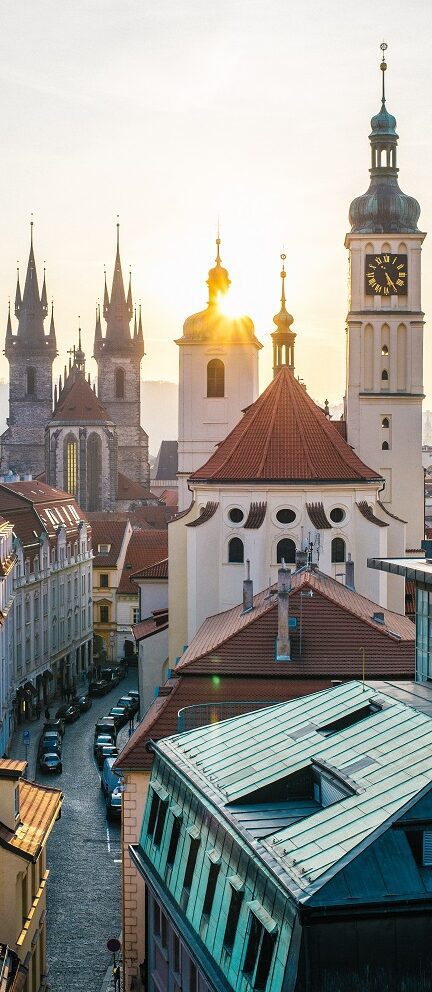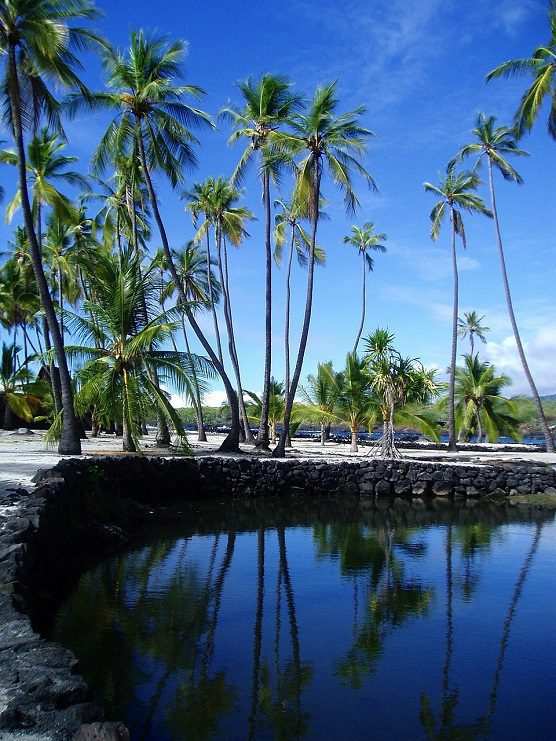
To say Gdansk’s past was eventful would be understating it; even by Polish standards. If its locals were sportspeople, they’d be tug of war champions. For the 20th century in this port city was very much that. It was annexed as Danzig by the Allies in 1920 following the First World War.
It was then the first place the Nazis attacked in 1939. While the city’s historic Main Town was flattened during the Second World War and Communist rule took hold, the locals didn’t take it lying down – the Solidarity movement uprising founded among its shipyards during the 1980s meant that by the turn of the next decade Poland was a democracy.
Today, Gdansk thrives without the drama. Its compact Gothic Main Town has been meticulously rebuilt to its medieval glory and deservedly claims to be one of Poland’s prettiest old cities. Recent additions of quality hotels and eateries have seen visitor numbers grow.
Part of the city’s attraction is that for travellers, Gdarisk is actually only one-third of the story – it forms the Tri-City along with the summer haunt of Sopot and modern Gdynia, both of which add extra dimensions to Gdansk’s history.
One of the city’s icons, the 17th-century Neptune’s Fountain, miraculously survived the post-war destruction, proudly standing in Dlugi Targ (Long Market). It’s said that it once flowed with Gdansk’s famed liqueur, goldwasser. You can sip it in its many restaurants today, the ideal toast to Gdansk’s gritty past and charming present.
At the airport
Regular flights go from the UK to Gdansk, taking from around two hours and costing from £19 return. Gdansk Lech Walesa is the default airport, 12km from Main Town, with a modern passenger terminal. It’s equipped with tourist information, ATMs and bureau de changes.
Getting into town
The airport is serviced by its own train station, directly connecting Gdansk Glowny, the city’s main railway, once an hour. The station is a 10 min walk from Main Town. The ZTM public bus (no. 210) also connects the two for a n even cheaper alternative. A taxi to Main Town will set you back around 70zl (£15).
Other ways to arrive
Low-cost airlines like Ryanair and WizzAir have greatly increased their domestic connections in recent years, making a Polish twin-centre break a more feasible option. The capital Warsaw, charming Krakow and cultured Wroclaw are all within a single hop of Gdansk, with regular and affordable flights meaning its never been easier – and cheaper – to take the time to explore Poland’s charming cities.
Where to Stay
Affordable hotels were once scarce in Gdansk’s Main Town but no longer. Its centre now caters to all wallet sizes but if you don’t mind staying a little further out, the fashionable Wrzeszcz district offers more comfort for your buck.
Top end: On the banks of the Motlawa River, the view of Main Town from Hotel Podewils is tough to beat. Its baroque facade and timber-furnished rooms mean it is very nice to look at too.
Mid price: Wedged between Gdansk’s main train station and Main Town, Central Hotel represents a forgotten era. It had stood empty for years, but its refurbishment has been spectacular. Doubles from £54.
Budget: Though Willa Albatros is set a fair distance from the centre, in Oliwa, it’s in prime place for exploring the district’s landscaped gardens and is handy for the Tri-City. Doubles from £20.
First Day’s Tour
Begin where the Polish kings once did – at Upland Gate, the entrance to Gdansk’s historic Main Town. Just behind it lies the 15th-century Foregate, once a fortress and a jail but now houses the Amber Museum – ‘Baltic gold’ is big business here.
Next, parade along Ulica Djuga, the Main Town’s primary artery, spying the elegant facades that flank both sides. Grab a snack in one of the bakeries along it, before catching sight of the gilded tower of the town hall. Inside, the Gdansk History Museum depicts the building in its 16th-century heyday. Soak up the bustling Ulica Targ before going through the Lane’s other bookend, Green Gate, and curving left along the Motlawa River. Here, restaurants dominate its banks, but the Gdansk Crane is a standout feature, once the largest of its kind in medieval Europe.
Dart left and gaze at the charming terraces of Ulica Mariacka {pictured)-arguably Gdansk’s prettiest street. At its end, you’ll reach St Mary’s Church. Return to the riverside for a large chunk of Gdarisk’s story in the NationaI Maritime Museum, split across both sides of the river, before tucking into pierogi (dumplings) on its banks.
Stay or Go?
The historic quarter of Gdansk isn’t big. It can be easily covered in a day, with some healthy visits to its fine museums filling a second day. One of its best, though, lies to the north. The European Solidarity Centre is filled with excellent exhibitions paying tribute to the opposition movement against Polish communism in the 1980s. Nearby lies plenty of history at Westerplatte, where the Second World War began on European soil.
Gdansk’s suburb of Oliwa, with its lush parkland, is only a short train journey away; the line extends to its Tri-City partners, Sopot and Gdynia-the silky sands and boardwalk pier of the former is best enjoyed in the summer, while the latter is laced with modernist architecture. Meanwhile a hydrofoil or ferry can whizz you across to the thin, curling finger of the Hel Peninsula. It’s not just impressive for its quaint fishing villages, but also that it’s never wider than 500m.













